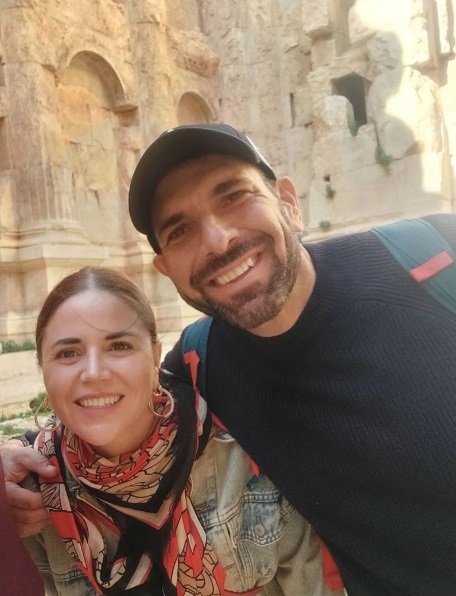Lebanon, a privileged destination for the beauty and holiness of the places

For decades, centuries, even millennia, Lebanon has gone through periods where it has been confronted with internal or external problems, tarnishing its image in the world. Despite the multiple wars in the country or in the region, the last of which since October 7, 2023, the attraction for the land of the Cedars continues to grow: in addition to the patriotic motivations of thousands of young Lebanese or of Lebanese origin, who are preparing to return from abroad at the first positive signal, Lebanon the Holy Land will be one of the main vectors of tourism, as indicated by a large group of Polish Christian pilgrims met a few days ago in Saida, on their way to the grotto of Our Lady of Awaiting, in Maghdouché.
A month earlier, the American Brian had made the same tour including Tyre and Cana, despite the tense situation on the southern border, and then went to Byblos. And in the church of Cana, the chaplain of the Italian contingent of UNIFIL, part of the military delegation inaugurating an olive press offered to the inhabitants of the locality, spoke of a scientific and biblical research that he did in a personal capacity, aimed at saying that our « Cana of Galilee » is indeed the place of the first miracle of Jesus.
Lebanese gastronomy is not lacking, benefiting from a growing reputation with the opening, in all continents, of new restaurants by hundreds of Lebanese who have left the country in the last five years. Croatian pastry chef Ivana in Zagreb insisted on going to Tripoli to discover the culinary tradition of the region, after tasting the wine of the Bekaa, which allowed her to optimize her visit to the fabulous temples of Baalbek, the day after a deadly attack on the outskirts of the city.
Ivana was accompanied by Alejandro, a Mexican of Lebanese origin, who took advantage of a business trip to Turkey and the Emirates to come and discover the country of his ancestors. He describes his journey in these words: « In Beirut, you immerse yourself in a fascinating mix of culture and modern life. Tripoli, with its bustling souks and impressive mosques, captivates you with its medieval charm, labyrinthine alleys and authentic atmosphere. In Baalbek, you walk through history, marveling at the magnificence of ancient architecture. »
The history of Lebanon is increasingly intriguing researchers and archaeologists who, in the light of new excavations in the areas of Phoenician and Punic expansion of the first millennium BC, particularly in Spain and Italy, are multiplying the publication of studies on culture and religion. This vast movement, the scope of which is still elusive, is accompanied by the rediscovery of unpredictable old books, such as the one on Phoenician Ireland, translated from Latin and published in Dublin in 1833. Absorbed in the subject, retired English Colonel Nigel, who regularly stays in Tyre, had this reflection while sitting in the Phoenician port: « We are building a fantastic and truly unique knowledge base. »
Photo: Alejandro and Ivana at the Temple of Bacchus in Baalbek